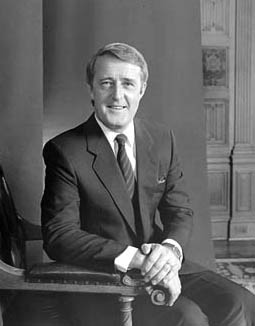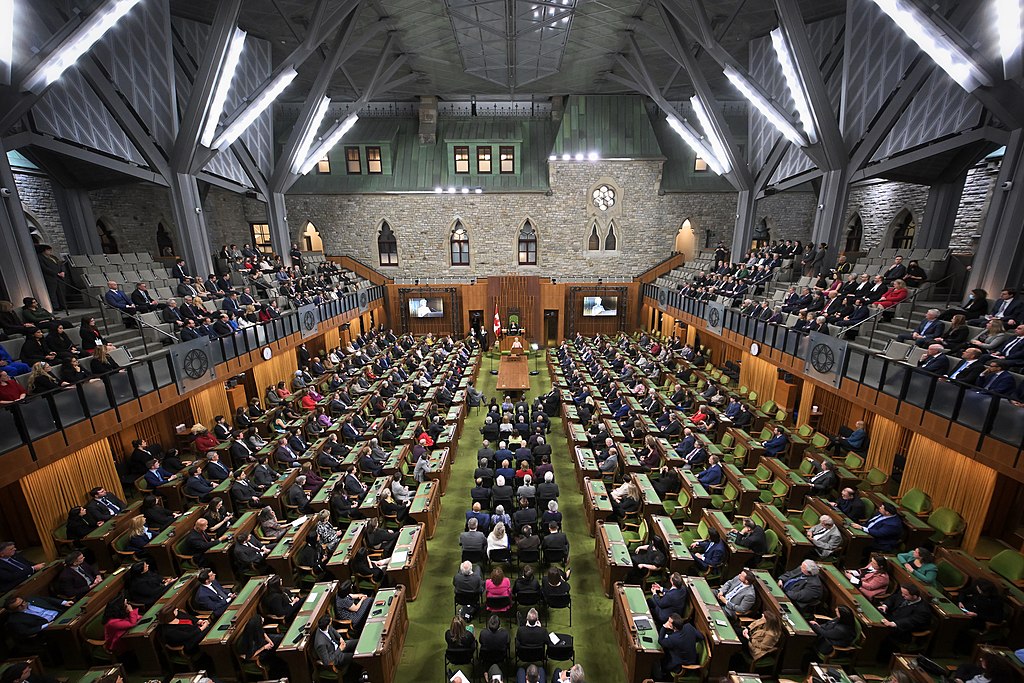Macleans
McKenna Retires
In political circles, the glass-walled building in downtown Fredericton where Frank McKenna toiled for 10 years as New Brunswick premier was sometimes known as "Franks 7-11.This article was originally published in Maclean's Magazine on October 20, 1997





